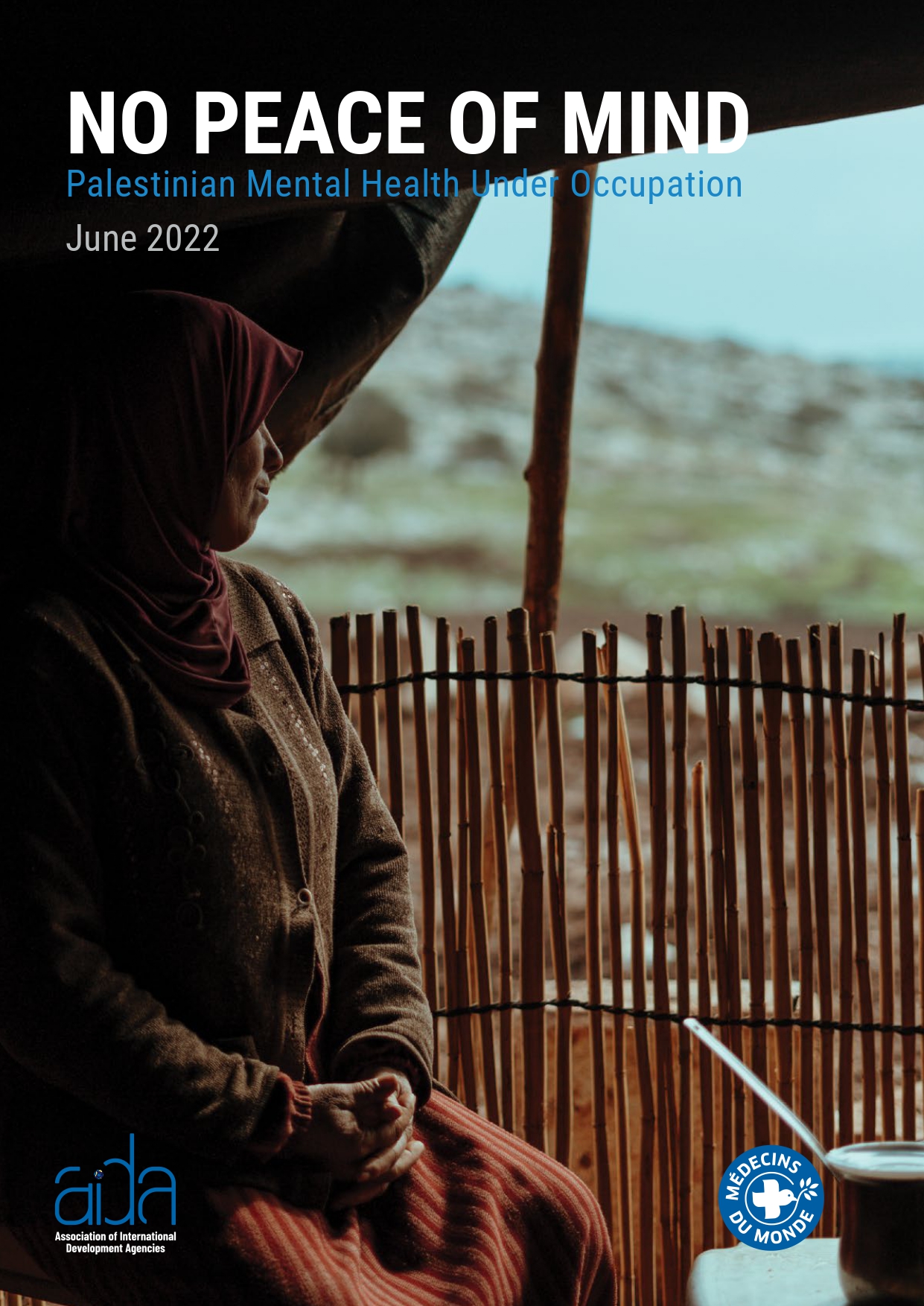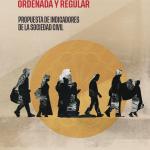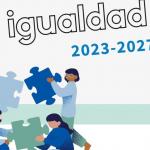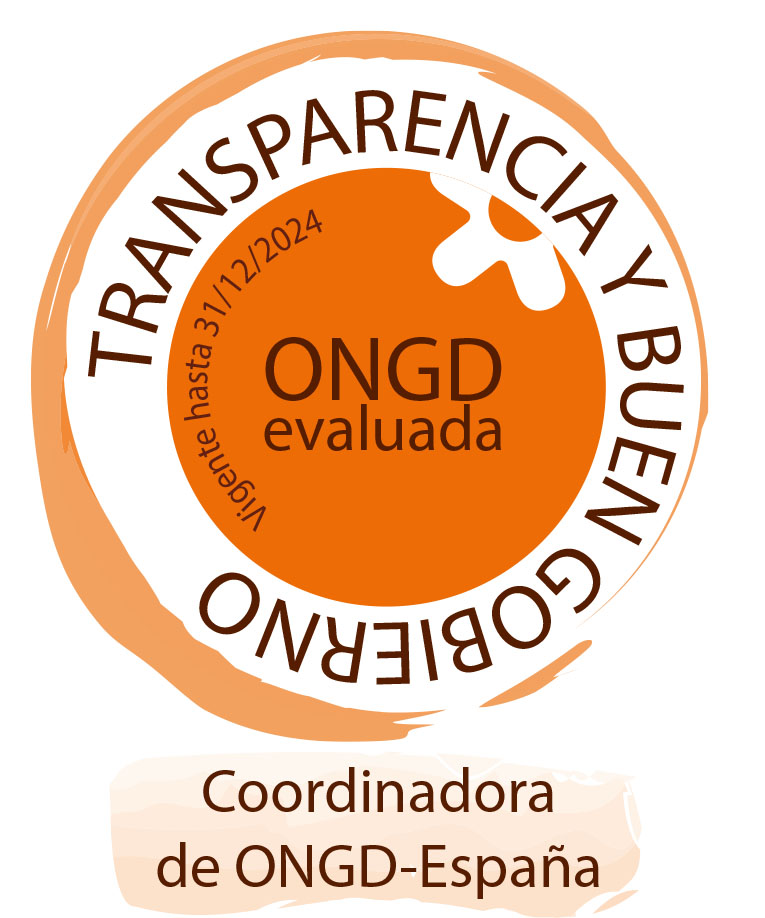No peace of mind. Palestinian Mental Health Under Occupation
No peace of mind. Palestinian Mental Health Under Occupation
No Peace of Mind – this wonderful new study on the mental health consequences for Palestinians living under Israeli occupation by Médecins du Monde France and the Association of International Development Agencies – is as timely as it is welcomed. This research in this report, which is both analytical and prescriptive, tells us much about the invisible, but very real, mental wounds resulting from such a coercive environment.
This pilot study has shown the far-reaching consequences of settler violence and demolitions on Palestinians’ mental health. These issues are not new, but their documentation and tracking are crucial to measuring the depth of Israeli violations of Palestinians human rights in how they both physically and mentally scar every generation of Palestinian living under systemic discrimination and oppression established by decades of occupation.
Among the manifestations the communities surveyed experienced as a result of Israeli violations, headaches and stomach pain were among the most common physical symptoms across age and gender. Minimised concentration, symptomatic of an inability to focus due to the trauma experienced, no matter its intensity or frequency, was one of the most common cognitive effects found in this sample. Fear, anxiety, sadness, despair and lack of safety were the main categories among the emotional impacts assessed across age and gender, while isolation was the most frequently found by-product in terms of behavioural issues assessed.
Further, the Palestinian Health care system is not able to deal with this growing issue. For the past few years, the Palestinian Ministry of Health (MoH) has stated that Mental Health is one of its priorities, but this has not been reflected in the financial resources allocated. One reason for underfunding is that Mental health is still not prioritised neither by the Ministry nor by the donors, in particular during crises; they rather invest in physical lifesaving activities than in something less tangible such as mental health and psychosocial support. There needs to be a recognition both at donor and at MoH level of the importance of prioritising funding to improving mental health services, developing staff knowledge and building adequate and sustainable resources throughout the health care system. The MoH needs also to invest in combatting stigma in Palestinian society around mental health and psychosocial support, campaigning both at community and also with health care providers to ensure safe, reliable and easy access to MHPSS services. Further, in 2019, the new National Mental Health Strategy was due to be drafted for the upcoming five years (2020-2024) by the MoH.
This process should be reinvigorated and is an important opportunity for sending clear messages on priorities in an inclusive and compressive way.










